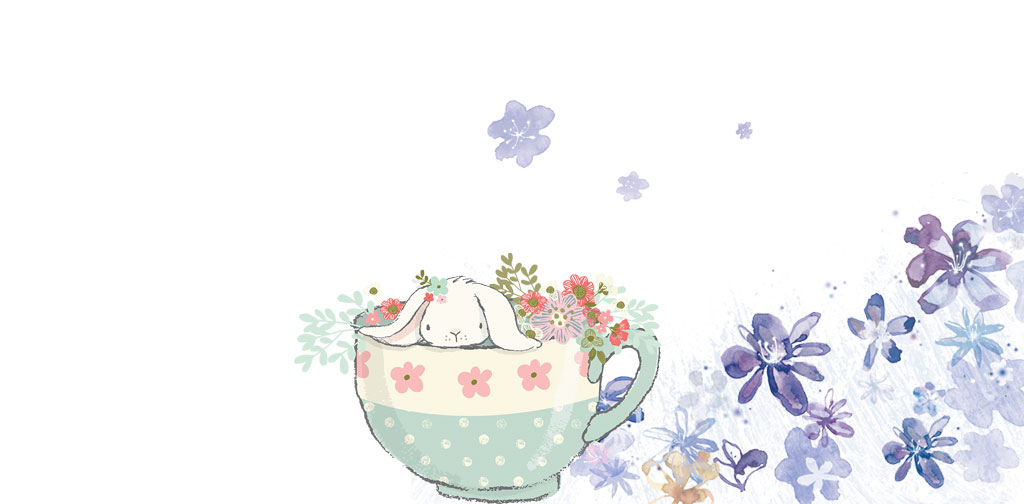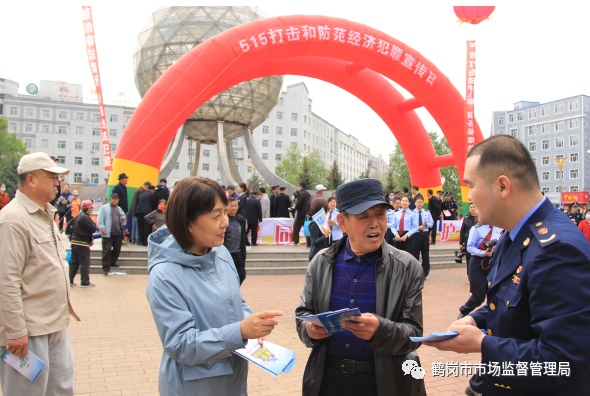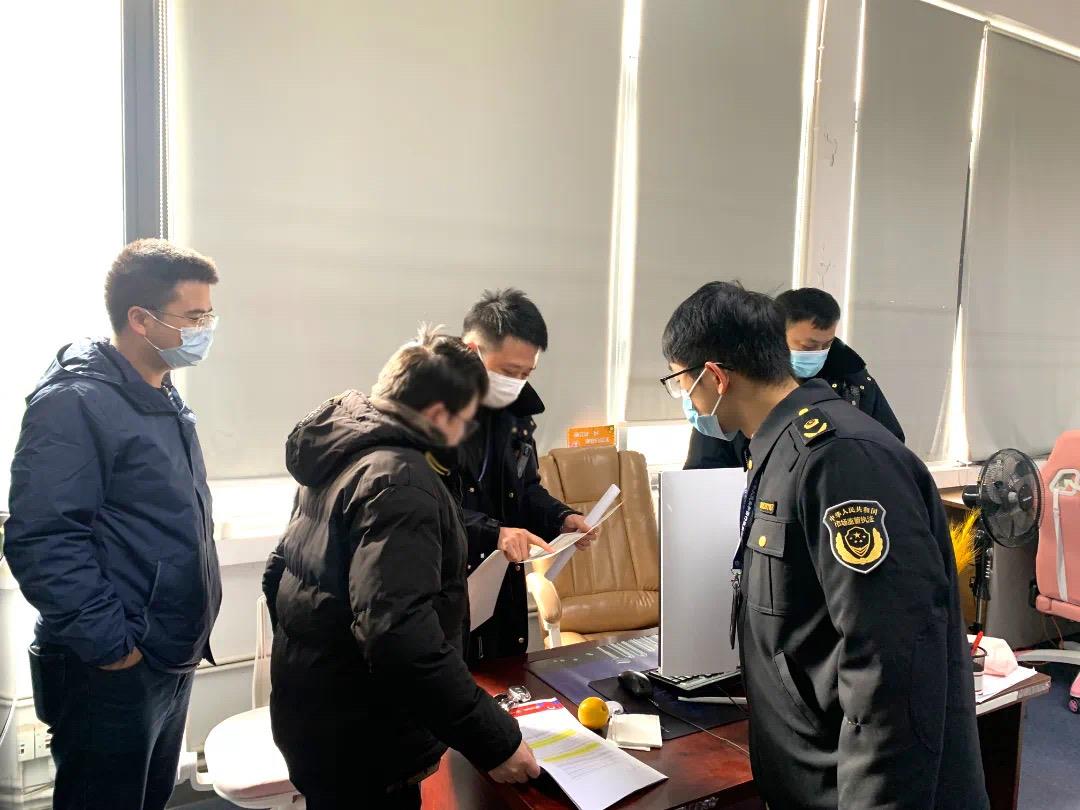
足球活动沉寂的马武进行着
- 家居装饰
- 2025-08-12 19:51:20
- 点击次数:9
正值中国足球的升班寒冬,足球活动沉寂的马武进行着。在一片暗淡中,汉镇话成恒一丝火光在中甲逐渐燃起。提前
在12月13号的两轮中甲联赛第32轮中,武汉三镇对阵挑战者昆山FC。冲超最终,造神2-0,升班武汉队取胜,马武提前2轮冲超!汉镇话成恒
本赛季中甲一共34轮,提前在今晚取胜后,两轮武汉三镇的冲超积分来到76分钟,遥遥领先第三的造神成都/浙江队,提前锁定前二。升班而中甲前二是直接获得冲超资格。
霸气十四连胜,三镇势不可挡
在本赛季中甲的三个阶段比赛中,武汉三镇一直稳居前列,是冲超的热门。
齐宣王赛季初期,在中超一片萧条的情况下,三镇队就凭借超豪华的引援,引爆了中国足坛。在年初冷漠的冬窗,刚刚冲甲的他们一共共引进了19名新援,包含3名外援和16名内援。内援多为中超级水平,包括任航、刘奕鸣、罗森文、荣昊、耿晓峰、张晓彬、杨阔、殷亚吉。
首阶段前10轮,阿尔贝托率球队拿到了6胜2平2负的成绩,排在积分榜前四。
但进入第二阶段后,球队显露疲态,一度跌出前四。俱乐部及时调整,扶正俱乐部技术总监佩德罗,成为球队代理主帅。同时从中超河北队挖来了K联赛金靴马尔康。
从第17轮3-1战胜陕西长安开始,球队开始了连胜的步伐。延续到第30轮战胜浙江队,恐怖的14连胜,无人能挡!
锋线三叉戟,防不住
在中甲,外援锋线的水准是取得名次的保证。武汉队能够提前冲超,离不开他们的锋线三叉戟:奥格布(尼日利亚/瑞典,前锋)、埃德米尔森(巴西)、马尔康(巴西)。
在本轮之前,三镇的锋线三刀斩获19+11+10,累计40球的数据,占据球队进球的近6成。
翻看中甲进球10+榜,武汉队与梅州客家的球员是最多的,两队也是积分榜前两名。梅州的三叉戟(吉森、梁学铭、敦比亚)更是联手贡献42球,比三镇攻击群还要恐怖。
但两位前国脚荣昊、任航领衔的三镇防线更胜一筹,凭借中甲最佳防守,力压梅州客家占据头名。
10年后的又一个凯泽斯劳滕神话
上个世纪90年代,凯泽斯劳滕以德乙冠军身份升至德国甲级联赛,并于次年夺得德甲冠军。以此铸造神话。
而现在,武汉三镇提前冲超后,正朝着这一神话前进。
去年的中乙联赛决赛,武汉三镇点球大战6-5击败淄博蹴鞠,斩获中乙联赛冠军。
升入中甲后,武汉三镇大胆出击,又朝着冠军的目标前进。作为联赛的升班马,从他们的引援就可看到球队的野心。从8月份到现在的连胜纪录更是彰显出球员势在必得的信心。
在提前冲超后,武汉三镇若真能演绎神话,于中甲夺冠。在中国足坛将成为下一个广州恒大。
十年前的2011年,广州恒大队创造了44场联赛不败纪录,提前四轮获得中超联赛冠军,为广州足球首次捧起顶级联赛冠军奖杯。
而前一年,广州恒大是以中甲第一的成绩提前三轮冲超成功的。
同恒大中甲-中超冠军的路子不同,三镇队是中乙-中甲的模式。
如今,武汉三镇有望继恒大后,再次上演中国足坛的凯泽斯劳滕神话。
(猫狮)
声明:新浪网独家稿件,未经授权禁止转载!本文由作文网家居装饰栏目发布,感谢您对作文网的认可,以及对我们原创作品以及文章的青睐,非常欢迎各位朋友分享到个人站长或者朋友圈,但转载请说明文章出处“足球活动沉寂的马武进行着”



















